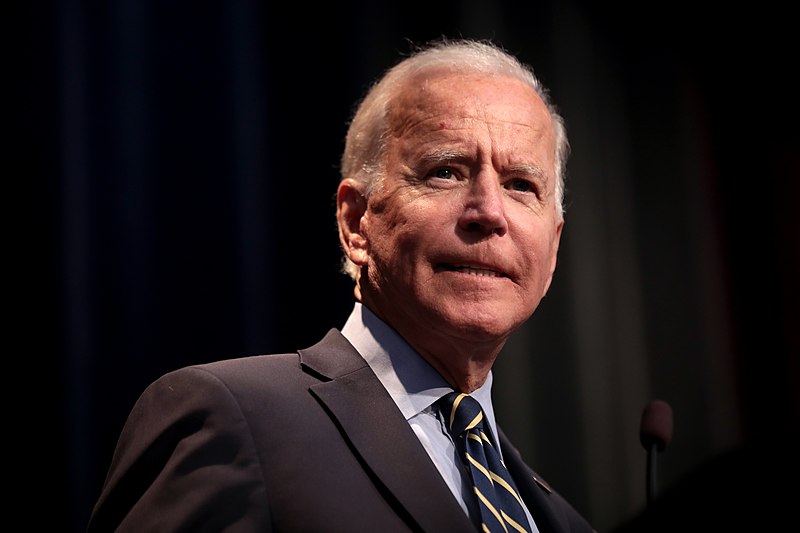
President Joe Biden has pledged unwavering US backing for Ukraine despite the exclusion of additional military funding from a last-minute congressional budget agreement.
The stopgap measure, hastily approved to avert a government shutdown, omitted $6 billion (£4.92 billion) in military aid for Kyiv, a top priority for the White House.
Hardline Republicans are opposed to further military aid and openly critical of Mr. Biden's approach to the conflict.
On Sunday, President Biden assured Ukraine of continued US support, stating, "We cannot, under any circumstances, allow US support to Ukraine to be interrupted."
"I can reassure [Ukraine] that we'll get there, that we're going to get it done," he added regarding the restoration of war funding. "I want to assure our American allies that you can count on our support; we will not walk away."
Since Russia's full-scale invasion in February 2022, the US has already provided approximately $46 billion (£37 billion) in military aid to Ukraine. President Biden has requested an additional $24 billion (£19 billion).
In recent months, the US has supplied Kyiv with state-of-the-art equipment, including long-range missiles and Abrams tanks. This support continues as Ukrainian forces conduct a gradual counteroffensive in the south of the country.
However, the temporary budget agreement reached on Saturday, which will fund the US federal government for 45 days, excluded ongoing military funding for the time being.
Senior Senate leaders from both parties released a joint statement indicating their intention to "ensure the US government continues to provide" support to Ukraine in the coming weeks.
Nonetheless, this move reflects increasing opposition from hard-right Republicans in the House of Representatives to the war in recent months. Republicans control the House of Representatives, while Democrats hold a slim majority in the Senate, and both chambers must approve budget legislation before it becomes law.
Some Republican lawmakers argued that the funding already authorized by Congress was more than sufficient. Georgia Representative Marjorie Taylor-Green stated, "Ukraine is not the 51st state."
Democratic Party senators vehemently criticized this stance. Senator Mark Warner expressed disbelief, saying, "I can't believe people are going to walk away from Ukraine at this moment in time."
Despite the budget impasse, Ukrainian officials view the 45-day funding agreement in the US as an "opportunity" for their diplomats to secure longer-term support. Nevertheless, the suspension of funding has raised concerns in Kyiv.
Oleksi Goncharenko, a Ukrainian MP, described the vote in the US Congress as disturbing, signaling alarm not only for Ukraine but also for Europe. He emphasized the need for unwavering support, which had been pledged by the US.
Western fatigue and growing skepticism among some Republicans, coupled with the recent election victory of a populist, pro-Moscow party in Slovakia, present challenges for Ukraine and the European Union.
Josep Borrell, the EU's most senior diplomat, expressed worry over the latest US congressional funding decision for Ukraine. He emphasized that the conflict between Russia and Ukraine was an existential threat to Europe, requiring a robust response.
In Kyiv, President Zelensky stated that Ukraine's resilience could not be extinguished, and the country would continue to fight, with or without Western assistance. However, Ukraine remains hopeful for continued support from the West. Photo by Gage Skidmore from Peoria, AZ, United States of America, Wikimedia commons.








































